Thanks to it showing up unexpectedly on YouTube, I’ve recently watched Watch All Night, a seven-episode thriller series, for the first time since it was transmitted in late 1980.
It’s the story of a British nuclear scientist, Gerald Buscombe, who’s working for a fictional Middle Eastern country that is clearly meant to be Iran, but they can’t say that, so it goes by the name of Y Bana. (Eee-bana.) He returns to London carrying a secret file detailing the Y Banaians’ attempts to secure a supply of radioactive materials and sell bomb-making tech to other Arab nations. He’s kidnapped and taken to their embassy, tortured and brainwashed into confessing. His 17 year old daughter Tess tries to find him, and she’s got the file. His abduction has been arranged with the full knowledge and compliance of Special Branch. There is dread and terror, there is violence and brutality … and it went out at 5:30pm on Sunday nights on ITV.
I was gripped in 1980, but inevitably much of the story - and, thankfully, the ending - had faded from memory in the intervening years. As is often the way, little details remained - a character whose kitchen shelves contained nothing but jars of peanut butter, the way that Ahmed Khalil as Y Banaian Colonel Attata pronounces the name ‘Buscombe’.
I remembered it as an unusual example of what you might call the young adult genre. This show could never have gone out in the weekday children’s schedule, but it still feels very bold for Sunday teatime. As always with TV for younger viewers, the age demarcation is skewiff - shows for 16-18 year olds are watched most avidly by 12-14 year olds, just as shows for 12-14 year olds are watched by 9-11 year olds. You want to watch the stuff that’s grown up. The two ‘kids’ in this - Lucinda Bateson and Robert Longden - are very mature late teens.
Bateson, later one of Metal Mickey’s mates, is very good here as the innocent, innocuous daddy’s girl. ‘I don’t know anything about politics’ she says early on, in a way that clangs a bell of doom for the viewer. She sells the ordeal of it all very well. She’s alone in London, her mother and stepfather abroad on holiday. In a reversal of the familiar device, her father is abducted from his adjacent hotel room overnight, and the next day there never was such a room - but the difference here is that we the viewers know and see the kidnapping, and we know why it’s happened long before she does.
Her only friend, when nobody will believe or listen to her, is Longden as Max, a young librarian she met on the train down to London the day before. He is a slightly unnerving hero, clever but asthmatic and slightly eccentric, what we would now call a superior nerd. But this is not portrayed as endearing or funny; he is cold and odd, and occasionally almost walks away from the whole business. It’s a bit like being stranded, desperate and alone and only having a teenage George Osborne to rely on. It all adds to the weirdness.
What hit me most palpably on this viewing was that we used to think kids and younger teens would be able to follow and appreciate something this serious, this complex, and this morally compromised, no sweat. There is a horrible miasma of realpolitik to this series, and that’s not counting the brutal home invasions and torture scenes (Souad Faress as terrorist Xenia truly terrorises). There is no sugar here, no jokes, no light relief. It’s a nightmare.
And nobody says the subtext - you are trusted to figure it out for yourself. The story is really about drippy victim Tess discovering that she has incredible strength and character. Nowadays someone would say that, at length, at least twice.
Because it’s 1980, the series has a ska end theme - a frenetic version of ‘London Bridge Is Falling Down’ - and occasionally it sounds like Madness or The Selecter are providing the incidental music. The scariness and alien hugeness of being alone in London are appropriate for a show made by Granada. (How often the residents of Weatherfield expressed their fear of the capital!) And it’s directed very effectively by Richard Martin, who made a colossal bodge of some way-out 60s Doctor Who’s but is obviously much happier on a very gritty Earth.
A strong recommend from me.

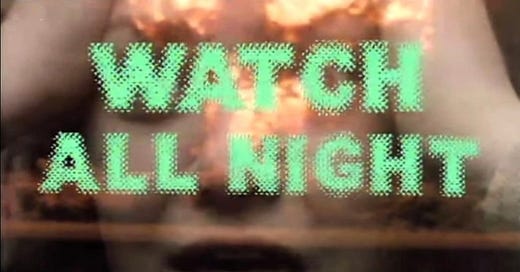



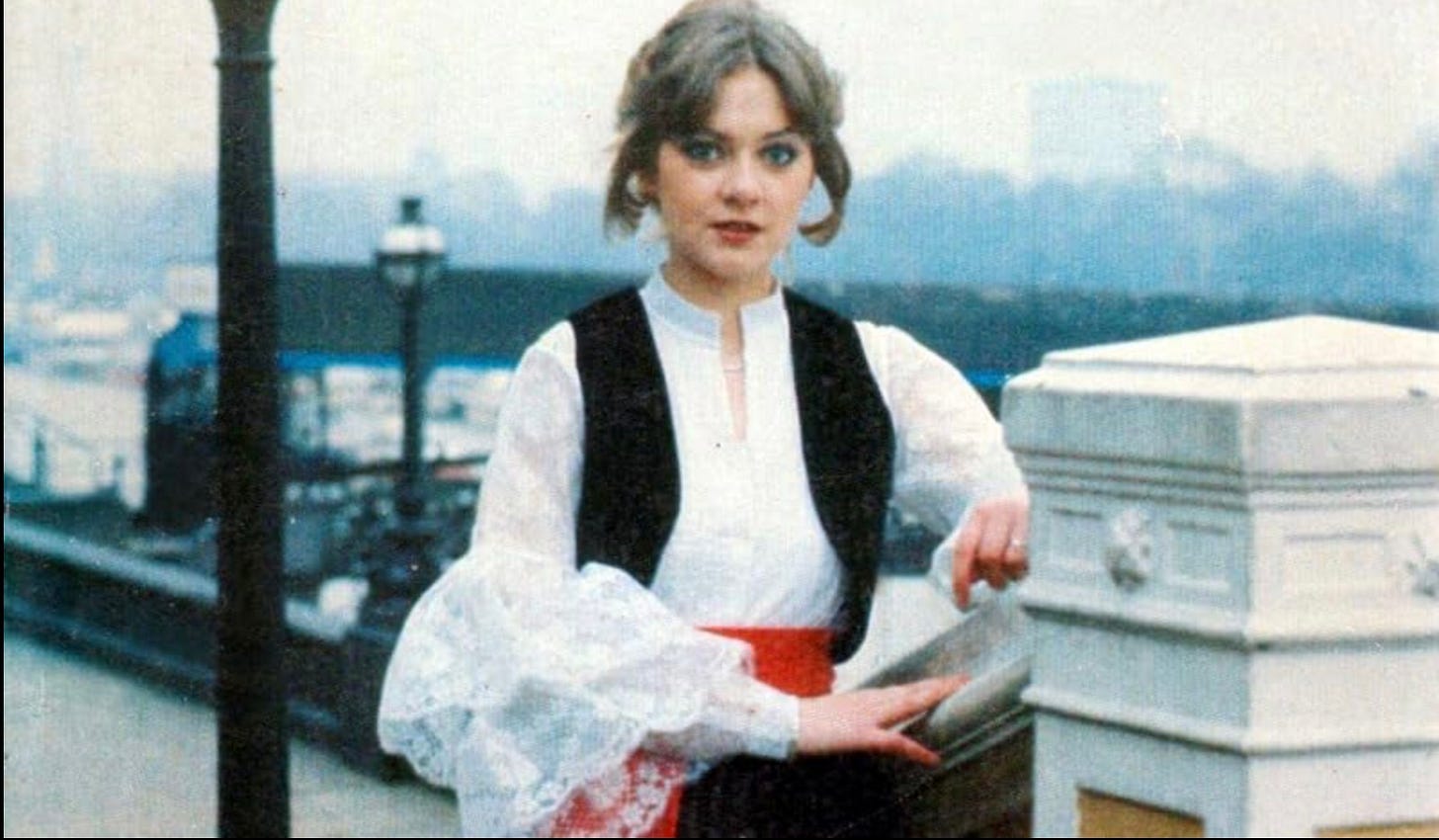
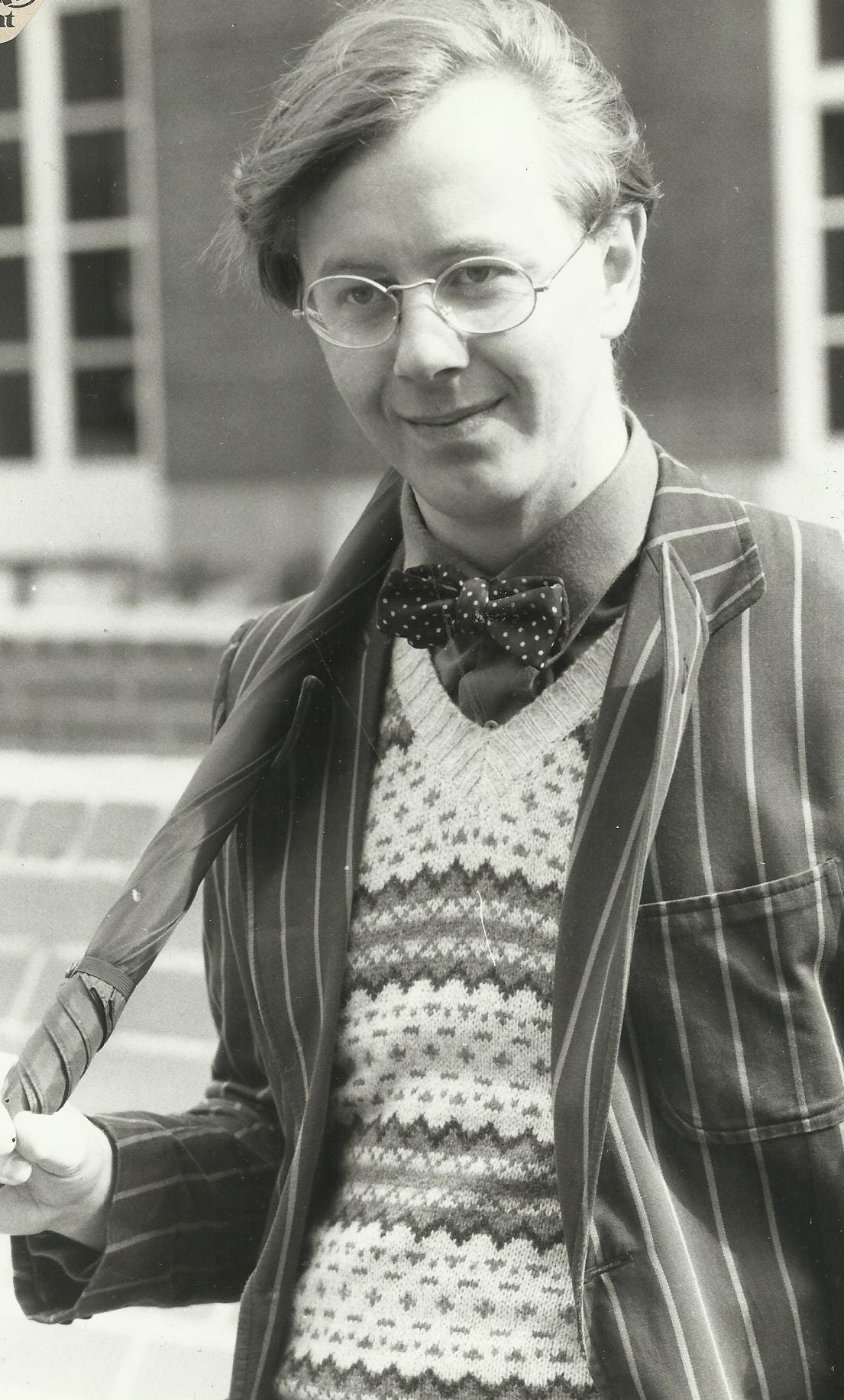
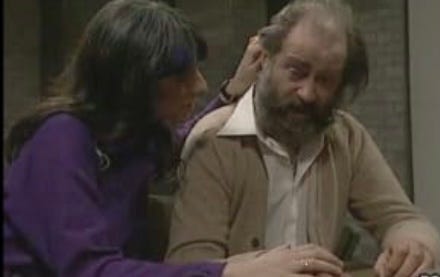
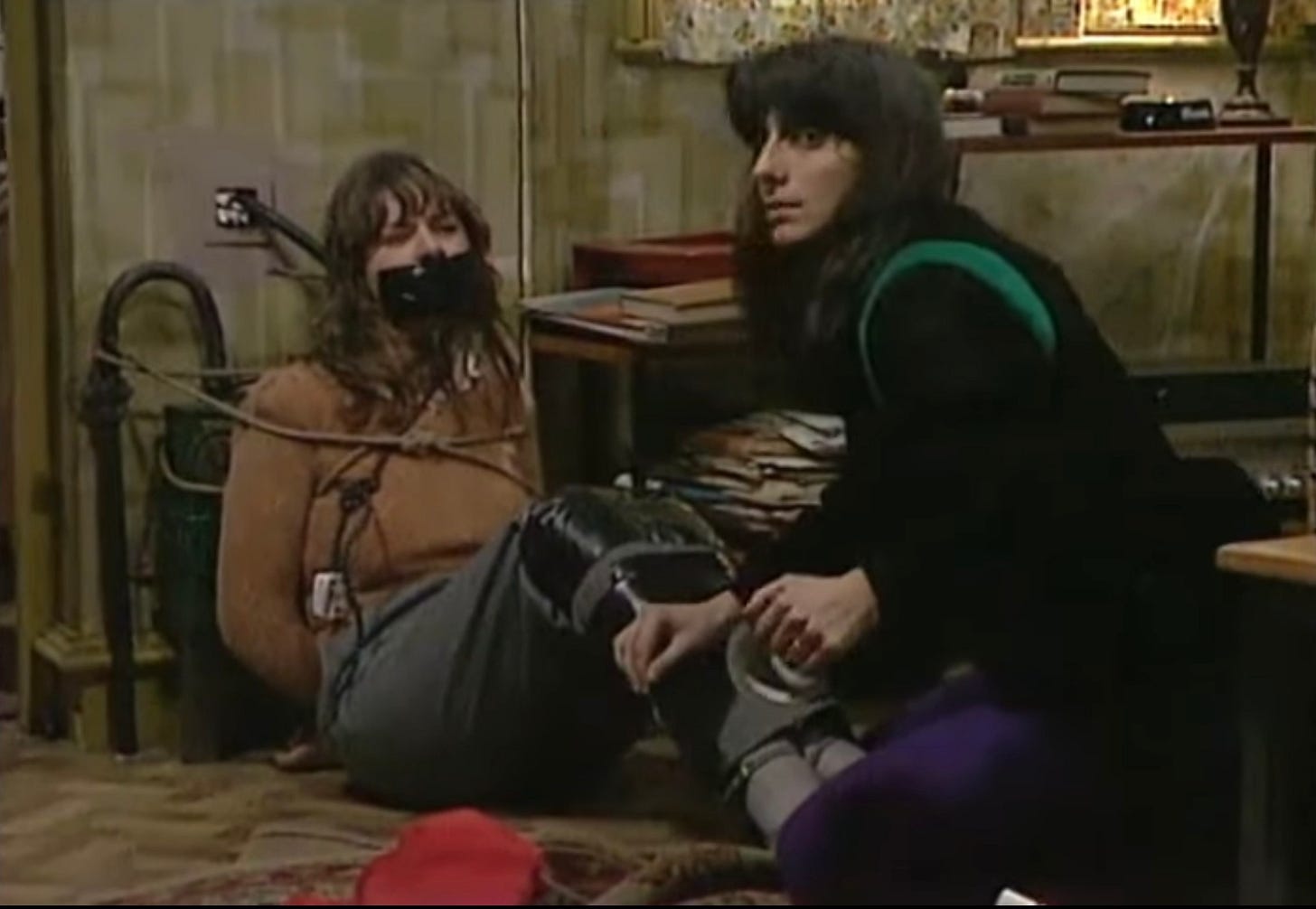
This sounds great! ‘Nowadays someone would say that, at length, at least twice.’ God, yes.